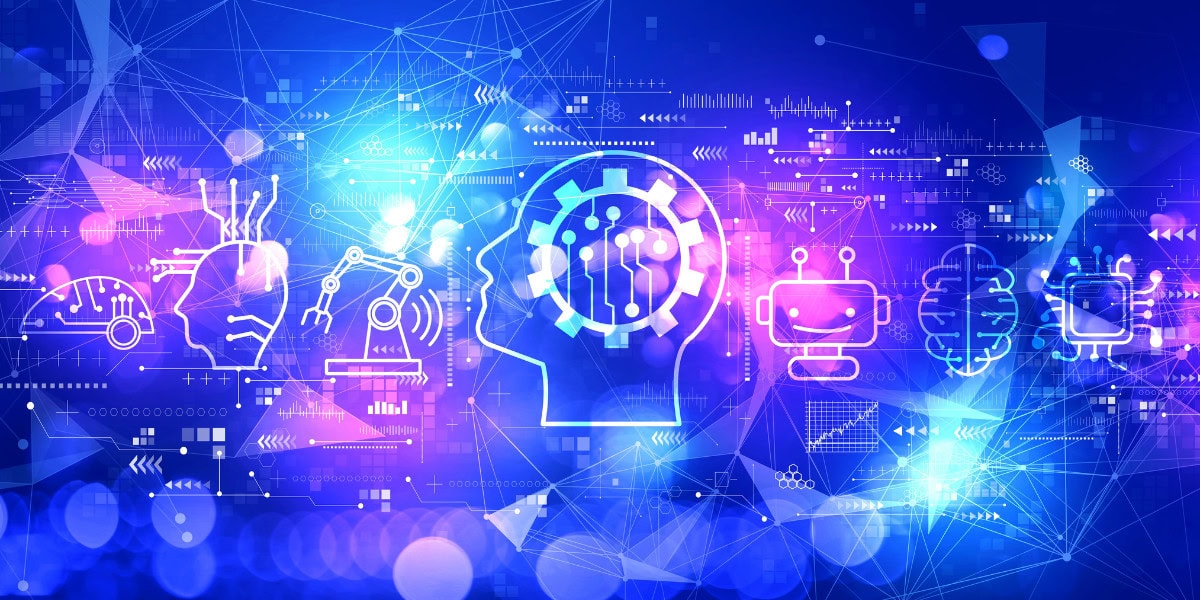
The way we access and process information in education is undergoing a dramatic transformation, and one of the most exciting developments is the rise of AI-generated podcasts. Traditionally, education has centered around textbooks, lectures, and written research papers, but today’s learners are looking for more dynamic, accessible, and engaging formats. With artificial intelligence becoming increasingly sophisticated in understanding language and generating spoken content, academic research is being reimagined as audio content that can be consumed on the go. AI podcast generation is bridging the gap between dense academic material and digestible educational formats, offering a new pathway for learning that’s reshaping both formal education and lifelong learning.
Turning Complex Research Into Accessible Conversations
One of the biggest barriers to academic learning for many people has always been the complexity and inaccessibility of research materials. Academic journals are written for scholars, not casual readers, often requiring a deep understanding of subject-specific jargon. AI podcast generation tools can translate these dense materials into spoken language that’s conversational, clear, and engaging. These systems can be trained to summarize long-form research articles, highlight key findings, and convert them into narrative-driven audio formats that are much easier to grasp. This has the potential to open up academic insights to broader audiences—from high school students and undergraduates to professionals and curious minds with no formal training in the subject matter.
Personalized Learning Through On-Demand Audio
In today’s fast-paced world, not everyone has time to sit down and read lengthy research papers or watch full-length lectures. AI-generated podcasts meet learners where they are—whether commuting, exercising, or taking a break between meetings. Because these tools can tailor content based on individual interests, academic level, or preferred topics, they are ushering in a new era of personalized learning. Listeners can subscribe to AI-generated podcast feeds that deliver summaries of the latest research in their fields of interest or receive audio overviews of specific topics they want to explore further. This flexibility turns passive downtime into productive learning time, encouraging consistent engagement and curiosity-driven exploration.
Aiding Educators and Institutions in Content Delivery
For educators, AI-generated podcasts offer a novel way to supplement teaching material and reach students in more versatile formats. Professors and teachers can feed their course material or research findings into AI systems that generate polished audio content, complete with natural-sounding narration and thematic structure. This content can then be used to reinforce lessons, offer previews of upcoming topics, or provide extra help for students who may struggle with traditional reading materials. Educational institutions are beginning to explore how they can integrate AI audio tools into their digital learning ecosystems, offering students alternative formats for absorbing course content. This diversification not only enhances accessibility but also caters to different learning styles—especially auditory learners.
Promoting Inclusivity and Accessibility in Education
Accessibility remains a major concern in education, particularly for learners with visual impairments, reading disabilities, or language barriers. AI podcast generation plays a key role in making education more inclusive by turning text into spoken word, removing the need for visual interaction. This benefits not just individuals with disabilities but also students who speak English as a second language or those who struggle with reading comprehension. AI can adjust the voice style, speed, and even language of the podcast to better suit the listener’s preferences. By doing so, it ensures that no one is excluded from accessing critical educational content due to format limitations. As more institutions prioritize universal design in education, AI-generated audio will become an indispensable tool in closing the accessibility gap.
Enhancing Research Dissemination for Academics
Academics often struggle with getting their research seen and heard beyond scholarly circles. AI-generated podcasts offer a solution by enabling researchers to share their work in a format that’s far more likely to reach the public, the media, and professionals in other disciplines. Instead of relying on press releases or dense summaries, researchers can use AI tools to produce engaging audio episodes that explain their findings in a way the average person can understand. This can enhance the impact of their work, encourage interdisciplinary collaboration, and even influence policy decisions when complex data is communicated clearly and effectively. In this sense, AI podcasts serve as a bridge between academia and the broader world, amplifying the societal relevance of research.
The Role of Natural Language Processing and Voice Synthesis
Behind the scenes of AI podcast generation are two critical technologies: natural language processing (NLP) and voice synthesis. NLP allows AI systems to read and understand human language, extracting the core ideas, arguments, and insights from text-based research. It enables the tool to summarize, restructure, and rephrase information so that it sounds like a human conversation rather than a robotic transcript. Meanwhile, voice synthesis technology creates realistic, human-like speech that can vary in tone, pitch, and style, making the audio more pleasant and engaging to listen to. Some platforms allow users to choose from different voices or even replicate a particular person’s voice using AI, enabling a more personalized audio experience. Together, these technologies form the backbone of the AI podcast revolution in education.
AI-Powered Podcasts and the Rise of Microlearning
Another major trend that aligns with AI-generated podcasts is microlearning—the concept of learning in small, manageable chunks. AI tools can break down long research papers or complex lectures into a series of short podcast episodes, each focusing on a single topic or concept. This is ideal for modern learners who prefer bite-sized content they can consume during brief breaks in their day. It also supports spaced repetition, a proven method for improving retention by revisiting information at intervals over time. By structuring educational content as a sequence of short, focused audio episodes, AI helps learners build knowledge incrementally without feeling overwhelmed. Microlearning via AI podcasts could become a foundational model for self-directed education in the years ahead.
Addressing the Challenges of Bias and Accuracy
Despite their many benefits, AI podcast generation tools must be used thoughtfully, especially when dealing with academic material. One major concern is the potential for misinterpretation or oversimplification of complex ideas. AI models may unintentionally distort meaning when summarizing or paraphrasing dense content, particularly if they’re not properly trained on high-quality academic datasets. There’s also the risk of bias, both in the training data and in the way certain topics are framed or emphasized. Educators and researchers using these tools must therefore take an active role in reviewing and editing the content to ensure it remains accurate, nuanced, and respectful of differing viewpoints. As the technology matures, transparency and editorial oversight will be essential to maintaining the integrity of AI-generated educational content.

The Future of AI Audio in Hybrid Learning Environments
Looking ahead, AI-generated podcasts are poised to become an integral part of hybrid and online learning models. As schools and universities adopt more blended approaches to instruction, offering content in multiple formats will be key to student engagement and success. We may see AI podcast tools integrated directly into learning management systems, allowing instructors to automatically generate weekly audio recaps, supplementary explanations, or even student-specific summaries based on performance analytics. Additionally, voice-interactive AI agents could serve as personalized learning companions, answering student questions in real-time or delivering adaptive audio lessons. The possibilities are vast, and as both AI capabilities and educational needs evolve, so too will the role of audio content in modern learning environments.
Conclusion: Reimagining Learning Through the Power of Voice
AI podcast generation represents a powerful shift in how we think about education, knowledge sharing, and accessibility. By transforming dense written research into engaging audio narratives, these tools are making learning more inclusive, more efficient, and more aligned with the ways people live and learn today. Whether you're a student seeking a new way to study, a teacher looking to diversify your teaching methods, or a researcher aiming to reach a wider audience, AI-generated podcasts offer a compelling solution. As we continue to explore the intersection of technology and education, voice-driven learning powered by AI stands out as one of the most promising developments on the horizon. It’s not just about convenience—it’s about creating deeper connections between knowledge and learners, wherever they are.

































